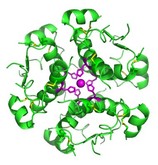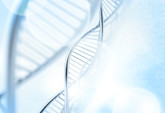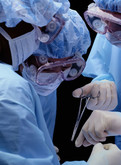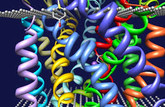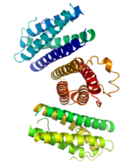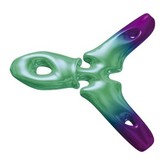Biosimilars
Use of biosimilars in oncology in France
Biosimilar drugs are biological drugs clinically similar to their reference products. They correspond to a generic drug approach applied to biological agents. The goal of biosimilars is to open the market and to provide significantly less costly biological agents. The approval of biosimilars is abbreviated when compared to that of the reference biologicals, but includes clinical trials (distinguishing them from generics). In oncology, the currently available biosimilars filgrastim and epoetin alfa are used in supportive care. Author Dominique Leveque from the Hôpital Hautepierre, Strasbourg, France discusses the situation regarding the use of biosimilars in France [1].
FDA accepts application for Merck’s follow-on insulin glargine
US pharma giant Merck announced on 5 August 2016 that its regulatory submission for its proposed follow-on insulin glargine product (MK-1293) had been accepted by the US Food and Drug Administration (FDA).
Pharmaceutical price regulation in Saudi Arabia: a countdown to affordable biosimilars
The pricing of pharmaceuticals and biosimilars is generally subject to national regulatory control. Regulation is in place to ensure pharmaceutical affordability, yet enable profitability for pharmaceutical companies and facilitate innovation. A recent paper on pharmaceutical price regulation in Saudi Arabia by Alhomaidan et al. [1], charts the regulatory procedures in place, and outlines how their evolution has led to today’s regulated pricing of biosimilars.
Positive phase III results for Amgen’s trastuzumab biosimilar
Results of a study of Amgen and Allergen’s trastuzumab biosimilar (ABP 980) compared to Herceptin (trastuzumab) have ‘ruled out inferiority’, according to the company.
Biosimilars of basiliximab
Basiliximab is a chimeric mouse-human monoclonal antibody to the α chain (CD25) of the IL-2 receptor of T cells. It is an immunosuppresant agent used to prevent immediate transplant rejection in people who are receiving kidney transplants, in combination with other agents.
Janssen Biotech files lawsuits for infringement of cell culture media patent
In ongoing litigation over infliximab biosimilars, Janssen Biotech, manufacturer of Remicade (infliximab), has filed two new lawsuits against Celltrion Healthcare, Hospira and HyClone Laboratories, a subsidiary of GE Healthcare Life Sciences, over the use of cell cultures grown for use in Celltrion’s biosimilar Remsima (infliximab), and Hospira’s biosimilar Inflectra (infliximab).
Pharmacovigilance of biologicals in Denmark
As a result of the increasing use of biologicals and biosimilars in Denmark, the Ministry of Health (MoH) in partnership with the country’s regulatory agency has set up an action plan to monitor biologicals and improve pharmacovigilance, as well as to improve understanding among healthcare professionals and patients [1].
Biosimilars of omalizumab
Last update: 3 November 2017
Omalizumab is a recombinant DNA-derived humanized IgG1k monoclonal antibody that specifically binds to free human immunoglobulin E (IgE) in the blood and interstitial fluid and to membrane-bound form of IgE (mIgE) on the surface of mIgE-expressing B lymphocytes [1]. Unlike an ordinary anti-IgE antibody, it does not bind to IgE that is already bound by the high affinity IgE receptor (FcεRI) on the surface of mast cells, basophils, and antigen-presenting dendritic cells.
Mylan and Biocon submit pegfilgrastim biosimilar to EMA
Mylan and Biocon announced on 21 July 2016 that the regulatory submission for their proposed pegfilgrastim biosimilar (MYL-1401H) had been accepted by the European Medicines Agency (EMA).
Bevacizumab similar biologics launched in India
Generics makers Reliance Life Sciences (Reliance) and Hetero have both launched similar biologics of Roche’s blockbuster cancer therapy Avastin (bevacizumab) in India.

